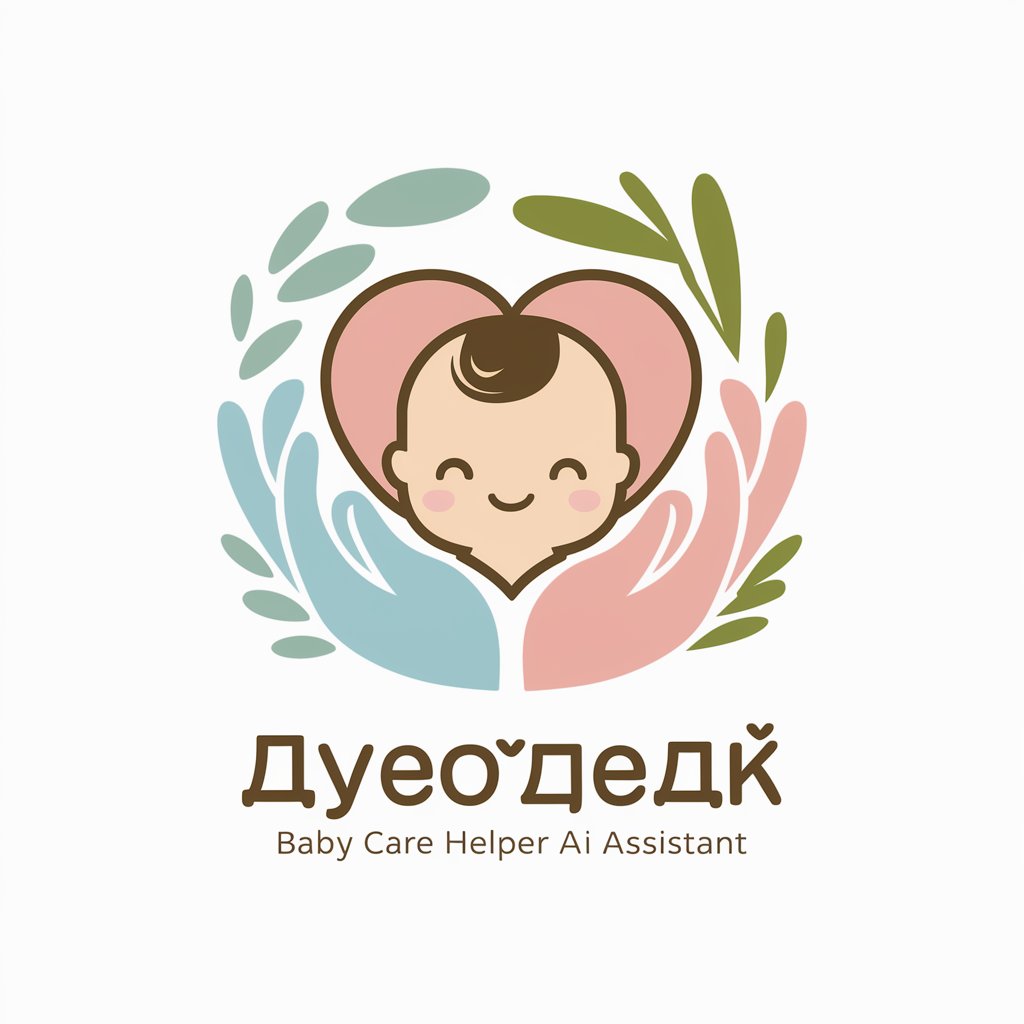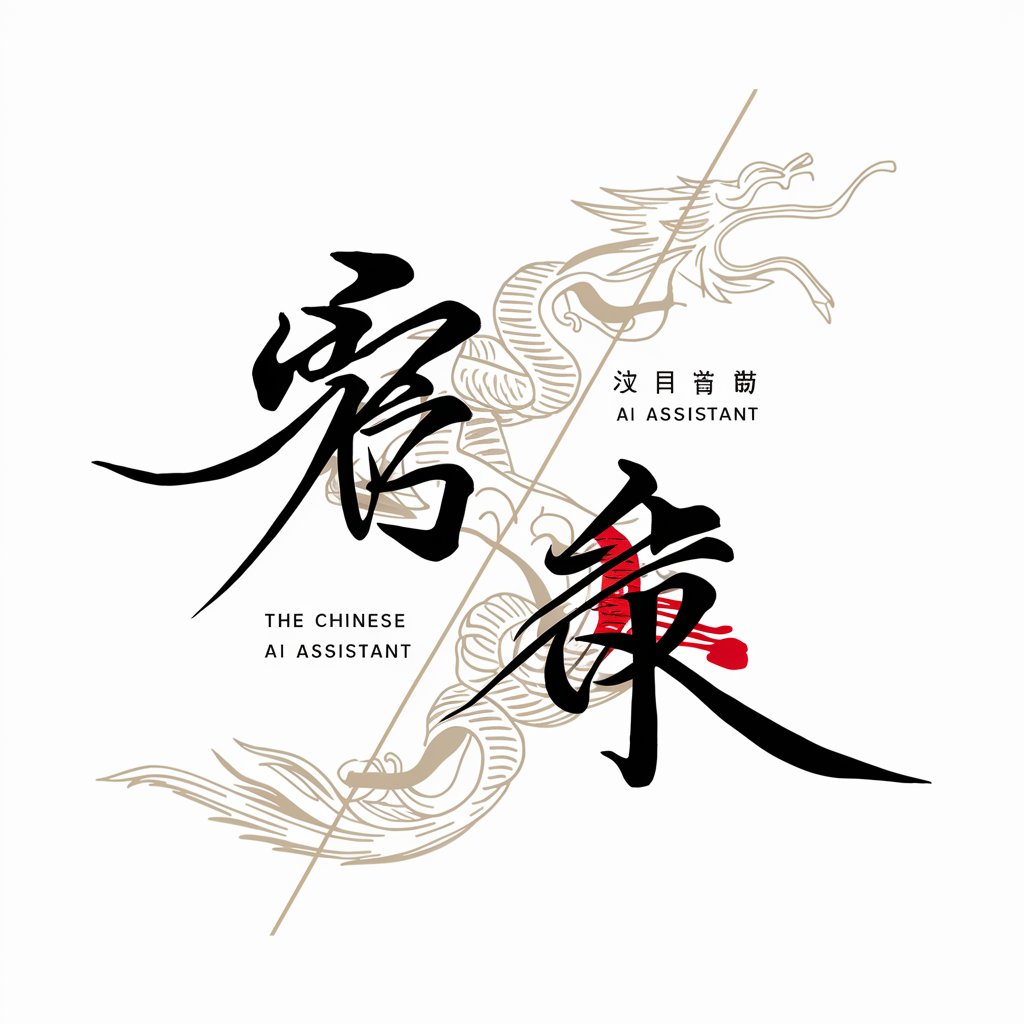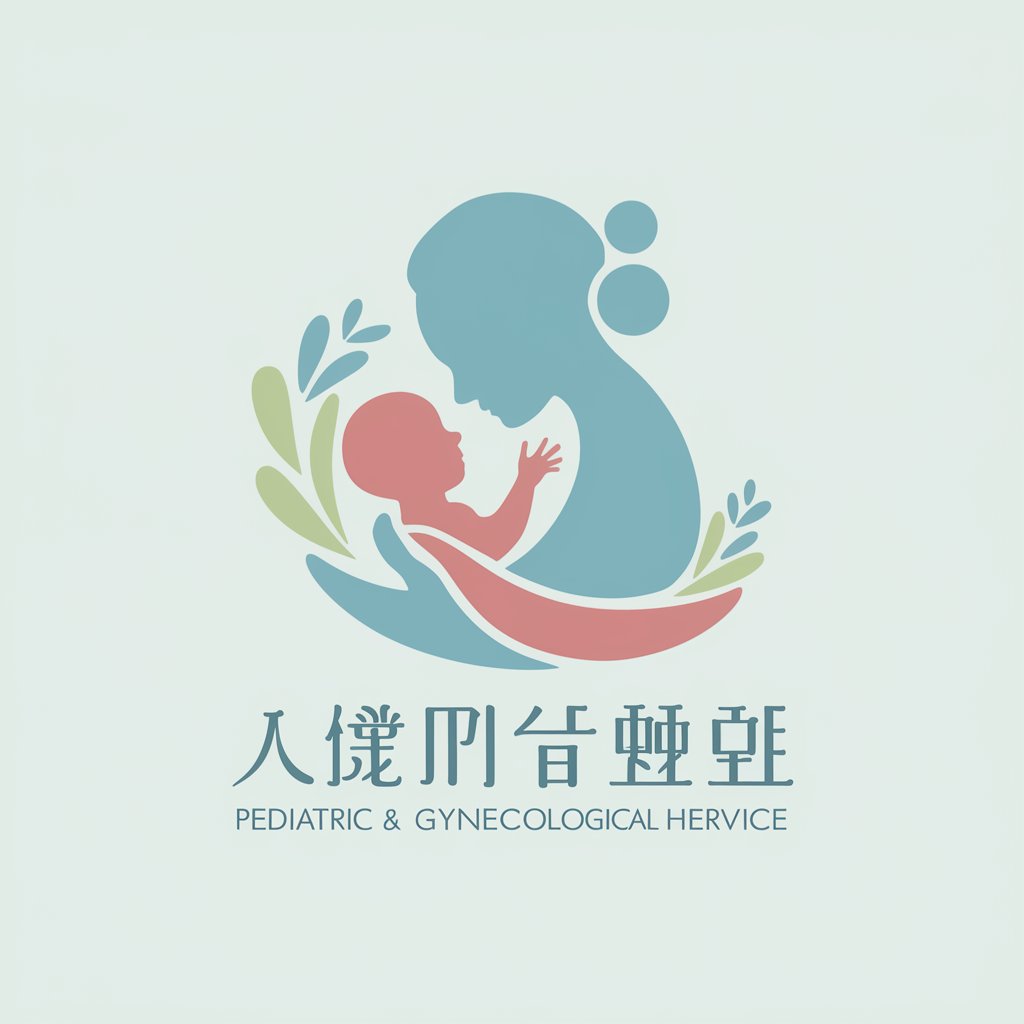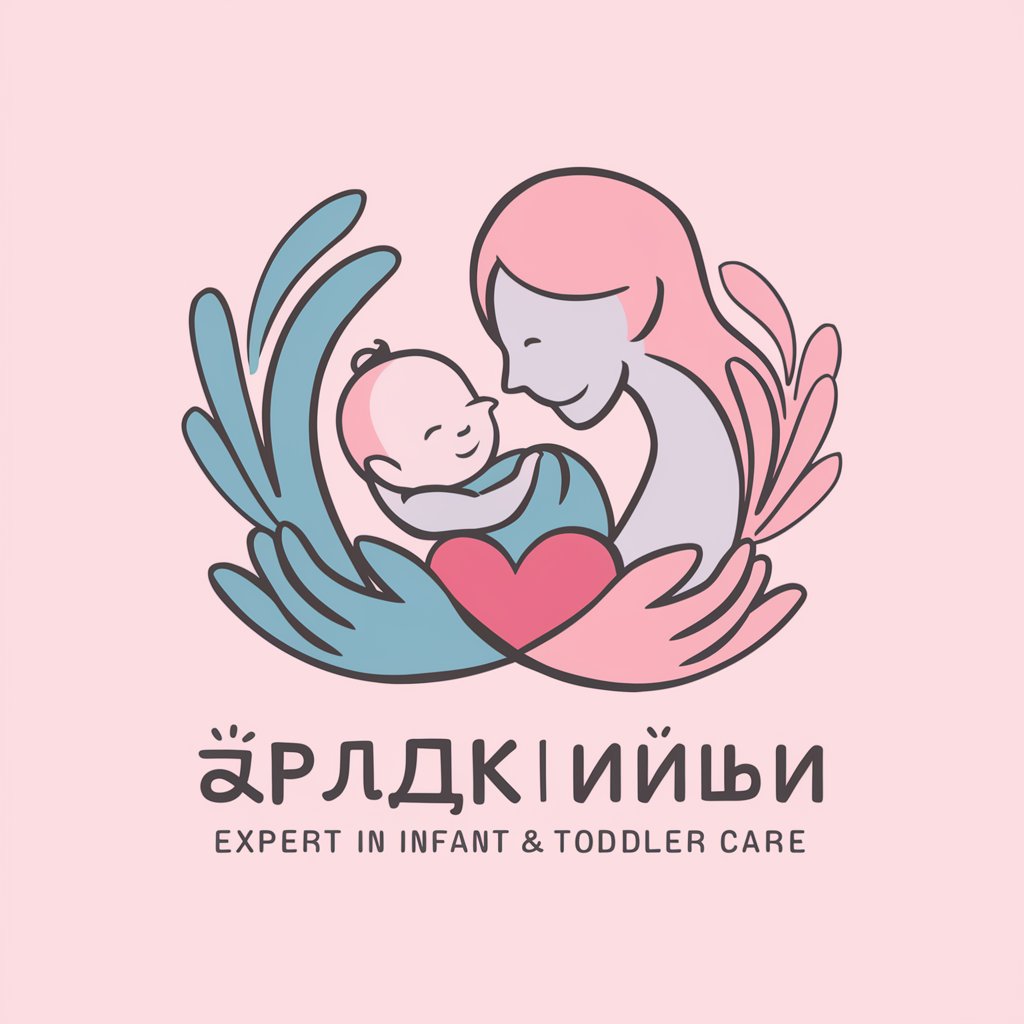婴幼儿营养辅食 - Customized Infant Nutrition

您好!请问您需要针对哪个年龄段的婴幼儿辅食建议?
Empowering Parents with AI-Driven Child Nutrition
6个月~1周岁婴儿的辅食建议
1周岁~2周岁宝宝的营养食谱
2周岁以上宝宝的营养食谱
Get Embed Code
Introduction to Infant and Toddler Nutritional Supplement Foods
The concept of 婴幼儿营养辅食 revolves around providing customized nutritional supplement food advice for infants and toddlers, based on their age and developmental stages. This specialized focus ensures the food choices are safe, healthy, diverse, and nutritionally balanced. The approach is carefully designed to avoid overly complex or inappropriate food recommendations for specific age groups. Through detailed advice, including recipes and food selections tailored to young children's needs, it emphasizes the importance of introducing new foods cautiously to monitor potential allergic reactions. It also underscores consulting with pediatricians or nutritionists before making dietary adjustments, ensuring a comprehensive, age-appropriate feeding strategy that supports the child's growth and development. Powered by ChatGPT-4o。

Main Functions of Infant and Toddler Nutritional Supplement Foods
Customized Dietary Planning
Example
Creating a personalized meal plan for a 6-month-old beginning to eat solid foods, focusing on iron-rich purees.
Scenario
A parent looking to transition their infant to solid foods would receive a plan detailing which foods to introduce, in what order, and how to prepare them safely.
Allergy Awareness and Food Safety
Example
Guidance on introducing common allergens, such as peanuts, in a controlled manner to assess for allergic reactions.
Scenario
Parents concerned about food allergies receive advice on safely introducing new foods, monitoring reactions, and when to seek medical advice.
Nutritional Balance and Diversity
Example
Recommendations for a variety of vegetables, fruits, grains, and proteins to ensure a balanced diet for toddlers.
Scenario
A caregiver receives a list of diverse foods to offer a toddler, ensuring they receive a wide range of nutrients essential for their development.
Ideal Users of Infant and Toddler Nutritional Supplement Foods Services
New Parents
First-time parents or caregivers seeking reliable, safe, and healthy dietary advice for their infants and toddlers. They benefit from guidance on introducing solid foods, monitoring for allergies, and ensuring nutritional balance.
Parents of Children with Dietary Restrictions
Families needing specialized dietary plans to accommodate allergies, intolerances, or other health-related dietary restrictions. They receive tailored advice to meet their child's specific nutritional needs safely.
Health-conscious Caregivers
Caregivers focused on providing the highest nutritional value through diverse and balanced diets. They benefit from advanced insights into food variety, preparation, and scheduling to optimize health and development.

Utilizing 婴幼儿营养辅食 Expertise
Start Free Trial
Visit yeschat.ai to begin a free trial, conveniently available without the need for login or subscribing to ChatGPT Plus.
Input Age and Development Stage
Provide information about your child's age and developmental stage for personalized nutrition advice.
Identify Dietary Needs
Specify any special dietary requirements or allergies your child might have to ensure tailored food suggestions.
Explore Food Suggestions
Browse through a variety of age-appropriate food options and recipes that focus on nutritional balance and diversity.
Consult Healthcare Professionals
Always consider consulting a pediatrician or nutritionist before introducing new foods or making significant dietary changes.
Try other advanced and practical GPTs
育婴助手
AI-powered pregnancy and baby care support

春联创作助手
Craft Your Wishes into Tradition

AI对联
Crafting Couplets with AI Precision

智美写春联
Crafting Tradition with AI Innovation

春联创作助手
AI-Powered Chinese Couplet Crafting

春联全垒打(对联、春节)
Craft Perfect Couplets with AI

妇幼健康
AI-Powered Maternal and Child Health Support

抖音母婴账号操盘大师
Elevate Your Douyin Presence with AI

婴幼儿养育照护师
AI-powered, personalized childcare advice

反诈高手
Navigating scam-free with AI

Medical Question Bank Expert
Empowering medical learning with AI

Medical, Surgical, and Anesthesiology
Empowering Medical Decisions with AI

In-Depth Q&A on 婴幼儿营养辅食
What are the best first foods to introduce to a 6-month-old infant?
Ideal first foods for a 6-month-old include pureed fruits and vegetables, such as sweet potatoes, bananas, and peas, as well as iron-fortified cereals. Start with single-ingredient foods and introduce new ones gradually.
How can I ensure my toddler is getting enough iron in their diet?
Incorporate iron-rich foods like lean meats, fortified cereals, spinach, and lentils. Pairing these with vitamin C-rich foods enhances iron absorption.
What are some allergy-friendly snack ideas for toddlers?
Allergy-friendly snacks can include oatmeal, rice cakes, fruits like apples or pears, and vegetable sticks. Avoid common allergens like nuts, dairy, and eggs if necessary.
How do I transition my child from purees to solid foods?
Start by introducing soft, easy-to-chew foods like overcooked pasta, soft fruits, and small pieces of soft-cooked vegetables. Gradually increase texture and variety as your child gets accustomed.
Can 婴幼儿营养辅食 provide diet plans for children with special nutritional needs?
Yes, it offers customized advice for children with special dietary requirements, such as allergies, intolerances, or specific health conditions, aligning with the guidance of healthcare professionals.
